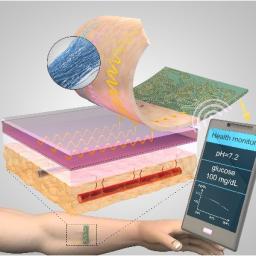Interview with Timothy Lord about Slashdot
FossForce has an interesting video interview with Timothy Lord:
What form do you think discussion sites of the future will be? Will everyone still be staring at Facebook feeds and Twitter tweets in 20 years? Do human curated story sites (slash-like) have advantages over generic link sharing sites (like reddit, digg)? Or is every site just regurgitating the same generic news year after year and it doesn't really matter what form it takes?
The original Slashdot crew was declared redundant in early 2016 by the site's latest owner, Slashdot Media. Timothy Lord was the last of the early Slashdot editors to be let go, and has posted more stories on Slashdot than anyone else, ever, so we turned to him to learn how and why Slashdot helped the FOSS movement grow and eventually infiltrate mainstream IT.The questions are mainly geared toward FOSS, but he does talk about "news for nerds" and explains the role that discussion sites, such as Slashdot, played in the community.
What form do you think discussion sites of the future will be? Will everyone still be staring at Facebook feeds and Twitter tweets in 20 years? Do human curated story sites (slash-like) have advantages over generic link sharing sites (like reddit, digg)? Or is every site just regurgitating the same generic news year after year and it doesn't really matter what form it takes?
